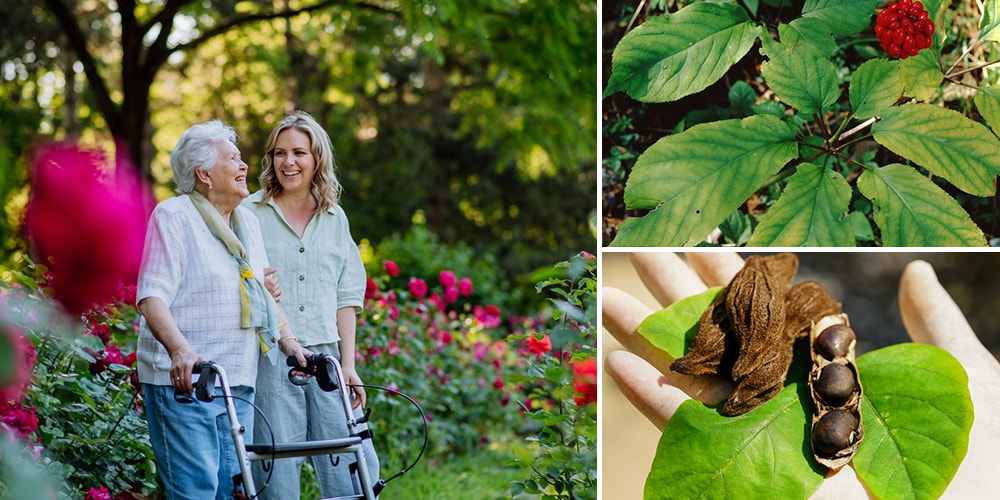
Herbs to Boost Dopamine, the “Feel-Good” Hormone
In today’s world of quick dopamine hits and constant distractions, many people are feeling exhausted, unmotivated, and low. If this sounds like you, you are not alone. Thankfully, there are many natural ways to boost your mood and sharpen your mental clarity. The key to addressing these symptoms is regulating dopamine, a neurotransmitter often dubbed “the feel-good hormone,” for its ability to improve motivation, pleasure, and reward.
In this article, we will explore several herbs known for their ability to increase and regulate dopamine and discuss some ways you can easily incorporate them into your life.
Herbs That Boost Dopamine
In the complex workings of our brain, there are four key chemicals that play a pivotal role in our happiness. Together, these chemicals influence our emotions, motivation, and overall mental well-being. Understanding this chemical process helps us make informed choices to improve our happiness and mental health.
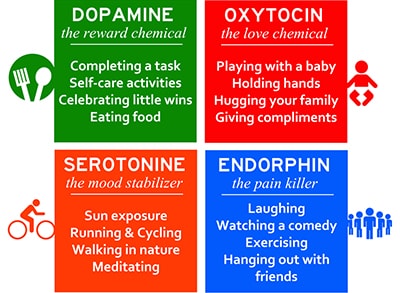
Serotonin acts as a mood stabilizer, providing a sense of well-being.
Dopamine, known as the reward molecule, contributes to feelings of pleasure and accomplishment.
Endorphins, natural pain relievers, are released during activities like exercise and laughter.
Oxytocin, the bonding hormone, strengthens connections and fosters trust.
⇒ What Happens If You Sleep on The Left Side? (Video)
Ashwagandha
Ashwagandha (Withania somnifera) is an adaptogenic herb that helps manage stress, which can deplete neurotransmitters like dopamine. Ashwagandha has been used for centuries to treat fatigue and low moods. Its roots and berries have been used as a natural remedy to enhance mental clarity and emotional balance. These days, you can find it as powder, capsules, or tincture at many health food stores.
Related: Herbs You Should Always Take Together
Ginkgo Biloba
Ginkgo Biloba is another ancient herb with deep roots in Chinese medicine. It improves blood flow to the brain, supporting healthy neurotransmitter function. The leaves of the Ginkgo tree are rich in flavonoids and terpenoids, such as ginkgolides and bilobalides, which are known for their antioxidant and neuroprotective properties. Research has shown that these flavonoids and terpenoids can influence brain activity by reducing oxidative stress, leading to improved cognitive function and mood regulation.
Velvet Bean
Mucuna pruriens, commonly known as velvet bean, is a tropical herb that contains L-DOPA, a precursor to dopamine, directly increasing its levels in the brain. This natural increase in dopamine not only enhances mood and cognitive functions but also offers neuroprotective benefits, defending the brain from age-related decline and damage. Some naturopaths have been recommending it to manage conditions such as Parkinson’s disease and depression. It’s available as powder and capsules, but consult your doctor before using it – this stuff is powerful!
Ginseng
Panax quinquefolius, often referred to as American ginseng is another highly respected herb, known for enhancing mental energy and focus by regulating dopamine release and uptake. This dual action helps your brain balance and regulate dopamine, naturally improving your cognitive performance.
Rhodiola
Rhodiola Rosea is an adaptogenic herb from Europe and Asia that helps increase and balance dopamine levels in a multitude of ways. Much like Ashwagandha, it helps your body adapt to stress, indirectly supporting dopamine levels. It also helps preserve dopamine stores by inhibiting enzymes that break down the neurotransmitter. As a result, it improves concentration, memory, mental focus, and overall well-being.
Schisandra
Another adaptogen, Schisandra chinensis is a berry with a unique five-flavor profile, that balances the body’s stress response, preventing dopamine levels from depleting. It also enhances cognitive function thanks to the many phytochemicals it contains that help protect the nervous system from oxidative stress.
Passionflower
Passionflower (Passiflora incarnata) is native to the Americas and decorates many gardens with its beauty. But did you know that it can be used to calm the nerves and lift the mood? Passionflower is known to reduce anxiety, indirectly supporting dopamine levels by mitigating stress. It contains flavonoids such as vitexin and isovitexin, which are known for their calming and sedative effects. The flower also contains alkaloids and phytochemicals that have been found to inhibit monoamine oxidase (MAO). By inhibiting MAO, an enzyme that breaks down neurotransmitters like dopamine, Passionflower can help in maintaining higher levels of dopamine in the brain. Many people like to make teas and tinctures out of passionflower to enjoy its effects daily.
St. John’s Wort
St. John’s Wort (Hypericum perforatum) has a rich history dating back to ancient Greece where it was used for many nervous system disorders. Today it is known as a natural antidepressant for its ability to increase dopamine, serotonin, and norepinephrine levels by inhibiting their reuptake and preventing their reabsorption, leading to improved mood and cognitive function. It’s typically used in capsules or tinctures, but make sure to consult a doctor before taking any, especially if you already take prescription antidepressants.
Turmeric
Curcumin is the active compound in turmeric that gives it its distinctive golden color. Curcumin plays a significant role in Ayurvedic medicine for its ability to reduce inflammation and oxidative stress. This versatile herb has been used to treat a variety of ailments including joint pain and indigestion. But not many people know that curcumin also shines when it comes to mental health. By crossing the blood-brain barrier, reducing inflammation, and acting as an antioxidant in the brain tissues, it helps promote healthy dopamine levels. Add it to your meals or enjoy it in supplement form.
Dopamine-Boosting Infusion Recipe
For a quick and potent mood boost, try this infusion:
Ingredients:
- 1 teaspoon dried Mucuna Pruriens powder
- 1 teaspoon dried Rhodiola Rosea
- 1 cup boiling water
- Honey or preferred sweetener (optional)
Instructions:
- Combine herbs in a tea infuser or teapot.

- Pour boiling water and steep for 10-15 minutes.

- Strain into a cup.

- Add honey or sweetener if desired.

Enjoy once daily for a mood and cognitive boost.
It is no secret that we’ve taken a hit to our dopamine levels through our excessive 21st-century lifestyles. It’s important to focus on slower living and trying to eliminate empty distractions like social media and fast food whenever possible.

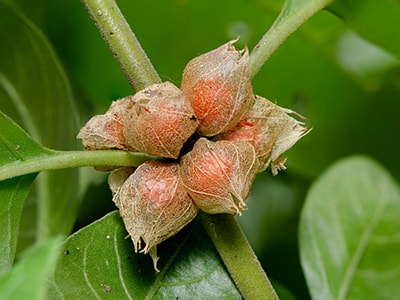
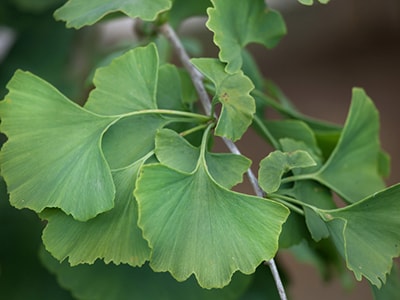
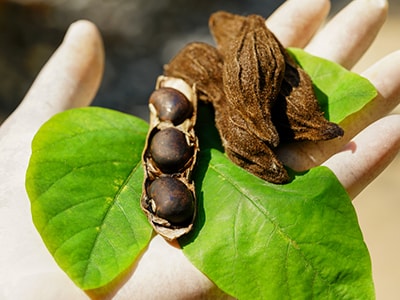
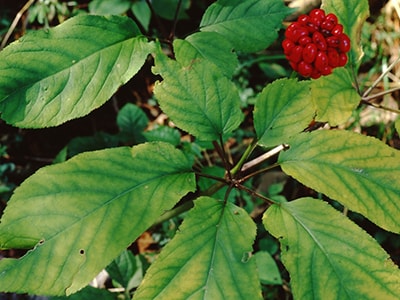
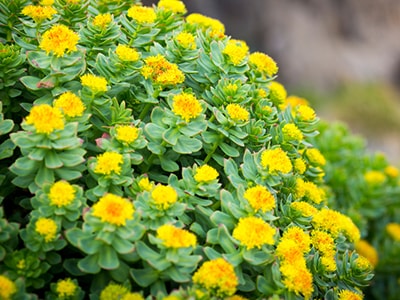
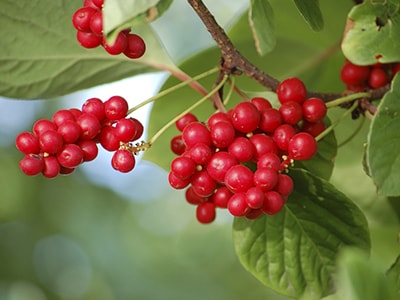
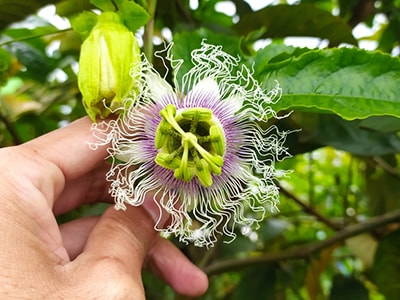
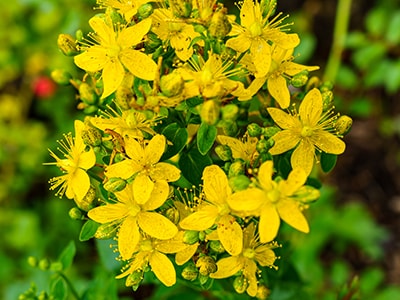
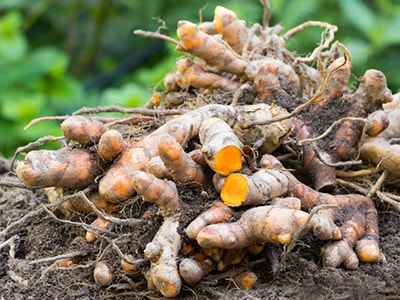
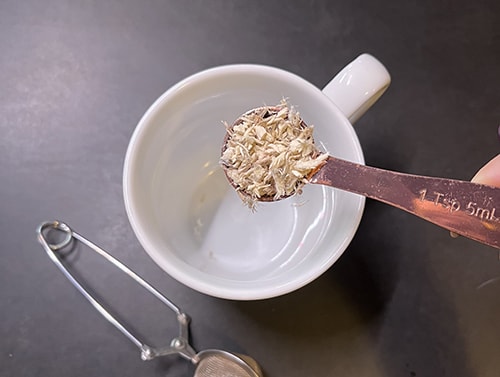
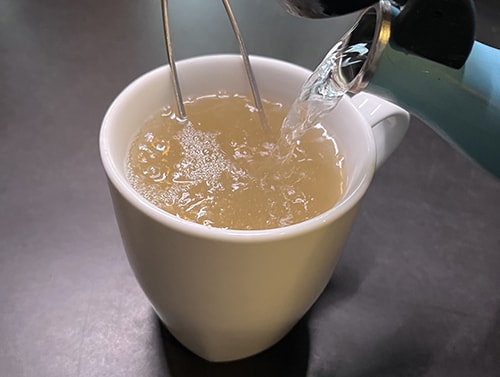
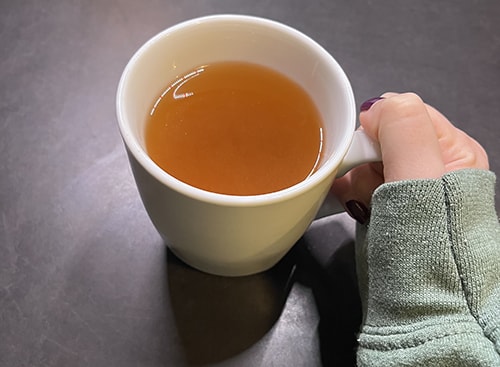
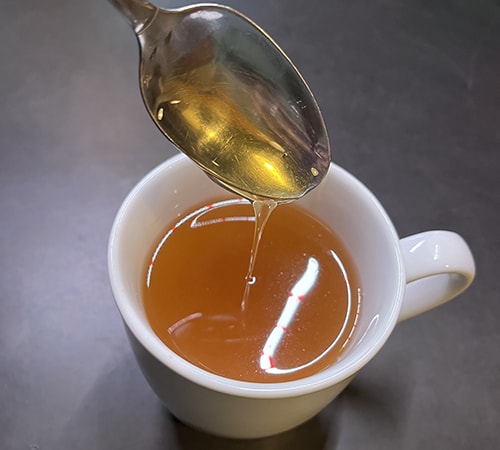
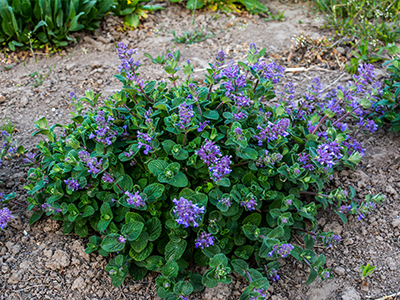
Love this infusion idea!
Remember to use a wooden or silicone spoon when adding honey to preserve the abundant enzymes! Metal will denature/kill the enzymes present in honey…
Hi Samatha,
We’re happy to hear you enjoyed the article!
It is not recommended to store your metal spoon within your honey for long periods, but using a metal spoon to scoop honey is unlikely to destroy the enzymes, according to some experts.
Many blessings and good health!